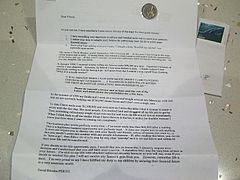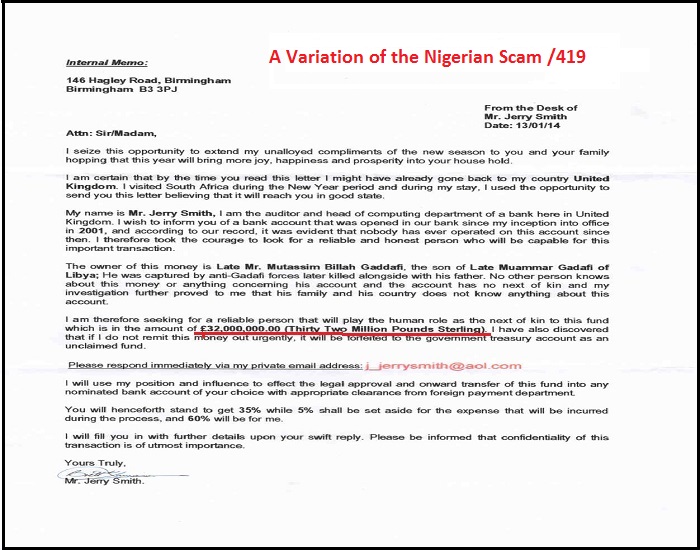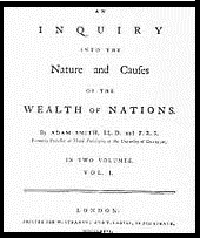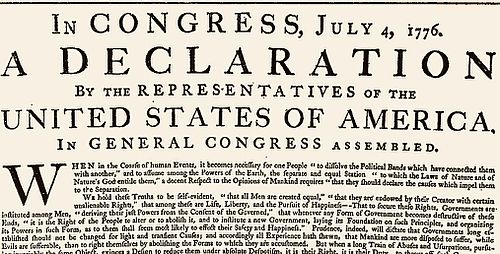Earn Money Easy Online
Earn Money Easy Online – Really?
Don’t let the title mislead you, this is not about making money fast online, rather it’s about helping you to avoid falling prey to the ‘easy money‘ type scams.
“However; You can earn money online and you can do it easily – but it takes time and dedication – on your part. I can show you how to do that and exactly how you can work at home and make money. But first I need to warn you about the many get-quick-rich scams that are so prevalent on the internet. I know because I too, have been taken in by them”.
Get-Rich-Quick
A get-rich-quick scheme is a plan to acquire high rates of return, on a small investment. The term “get rich quick” has been used to describe shady investments since the early 1900s. Beginning with the ‘Ponzi Scheme‘ named after Charles Ponzi, who became notorious for using this technique in 1920.
 A Ponzi scheme is a fraudulent investment operation where the operator pays returns to its investors not from profits earned but from the new capital paid in by new investors.
A Ponzi scheme is a fraudulent investment operation where the operator pays returns to its investors not from profits earned but from the new capital paid in by new investors.
New investors are enticed into the scheme, by offering higher returns than other investments. The returns are usually abnormally high and extremely profitable, in the short term.
People were attracted to the promise of fast, easy money. Hence the lure to things like gambling, theft, blackmail, politics and at its extreme, war.
The Promise of Fast, Easy, Money…
The original “Make Money Fast” letter is said to have been written around 1988, by a person, who used the name, Dave Rhodes.
The letter encouraged readers to forward one dollar in cash, to a list of people provided in the text and to add their own name and address to the bottom of the list after deleting the name at the top.
By 1994 “Make Money Fast” became one of the most persistent ‘spams‘ around with many variations (such as claiming to be from, a retired lawyer or claiming to be selling “reports” in an attempt to make the scheme appear lawful) and rather than sending the money by post you could send it electronically via the likes of PayPal.
Pyramid Schemes
Using the theory behind pyramid schemes, the resulting flow of money would initially deliver a reward of thousands of dollars, to the people participating in the scheme as their chain spread and more and more people sent money to their address.
You may have seen or heard of other examples of these chain type letters /emails that became more and more sophisticated as time went by; (see examples below)
- Bill Gates Email Beta Test; An email chain-letter that first appeared in 1997 and was still circulating in 2007. The message claims that Microsoft is conducting a beta test and each person you forward the email to, you will receive a payment from Bill Gates of around $200. (Used to gather email addresses)
- The Lottery scam involves fake notices of lottery wins (without you even entering the lottery in question). The winner is usually asked to send information such as name, residential address, occupation etc. The scammer then notifies you that releasing the funds requires a small fee (insurance, registration, or shipping). Once the victim sends the fee, the scammer invents another fee, another delay and so it goes on. In the meantime ‘your details‘ have been sold or worse are used to get credit using your identity.
- Nigerian Scam/419 scam – An email scam attempt popularized by the ability to send millions of emails. The scam claimed the sender was a high-ranking official from Nigeria with a large sum of money that they cannot claim but must divest and they need your help to do so. They require a smaller sum of money up front to access the money before it can be sent to the receiver.
(See a variant of this type of scam in the example below)







